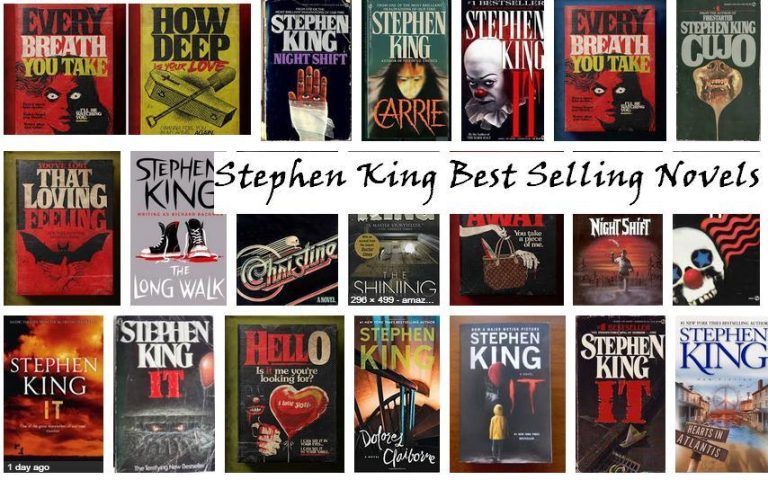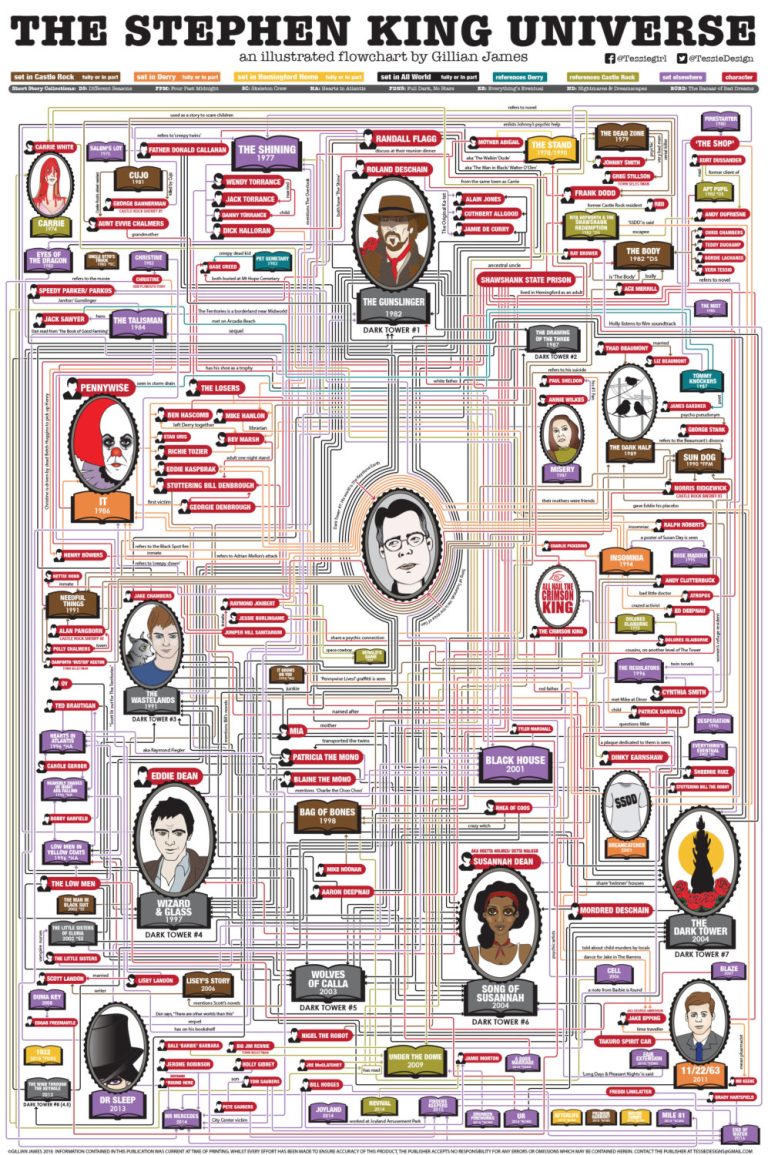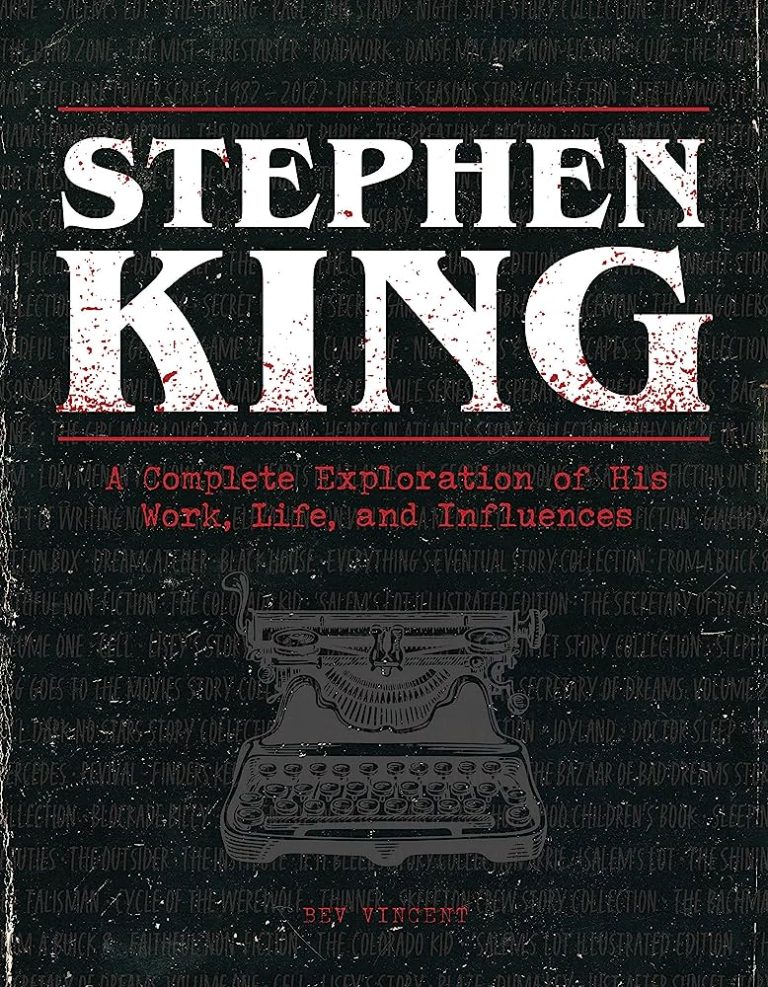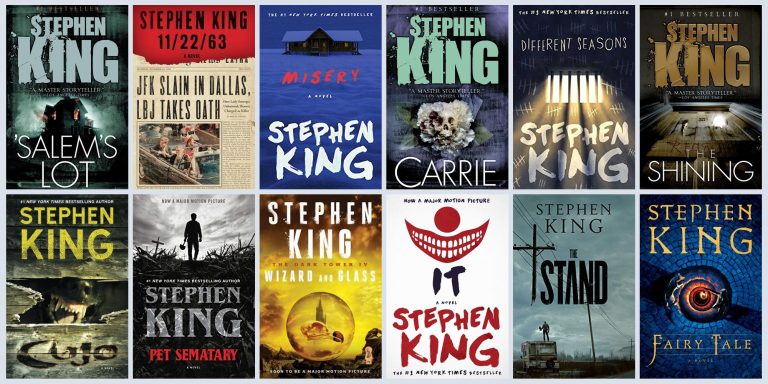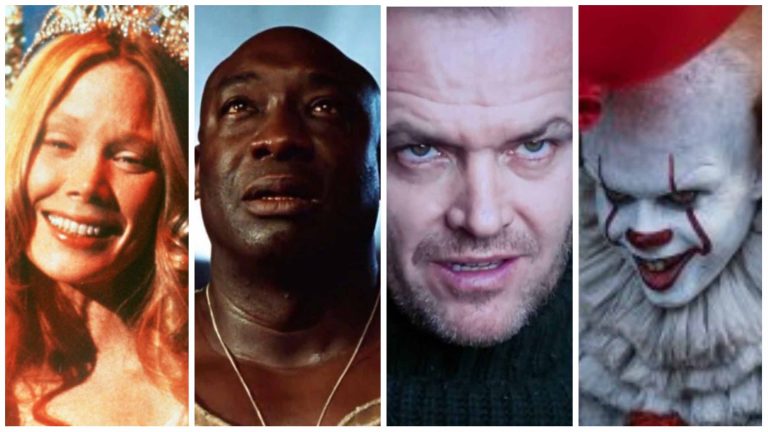What Is The Psychology Of Horror Fans?
If you’ve ever found yourself on the edge of your seat, heart racing, as a blood-curdling scream echoes through the movie theater, then you know the thrill of being a horror fan. But have you ever wondered what drives people to seek out these spine-chilling experiences? What is the psychology of horror fans? Let’s delve into the dark recesses of the human mind and explore the fascinating world of those drawn to the macabre.
The psychology of horror fans is a captivating subject that combines our innate curiosity about the unknown with our primal instincts. There’s something inexplicably alluring about the adrenaline rush that comes from being scared, and horror movies provide the perfect outlet for this thrill-seeking behavior. Whether it’s the anticipation of a jump scare or the psychological torment of a suspenseful plot, horror fans are drawn to the rollercoaster of emotions that these films offer. But what lies beneath this fascination with fear? Is it a desire to confront our own fears in a controlled environment or a way to escape from the monotony of everyday life? The answers may vary from person to person, but one thing is certain: the psychology of horror fans is a complex and intriguing field worth exploring. So buckle up and prepare to dive into the minds of those who find delight in the macabre.
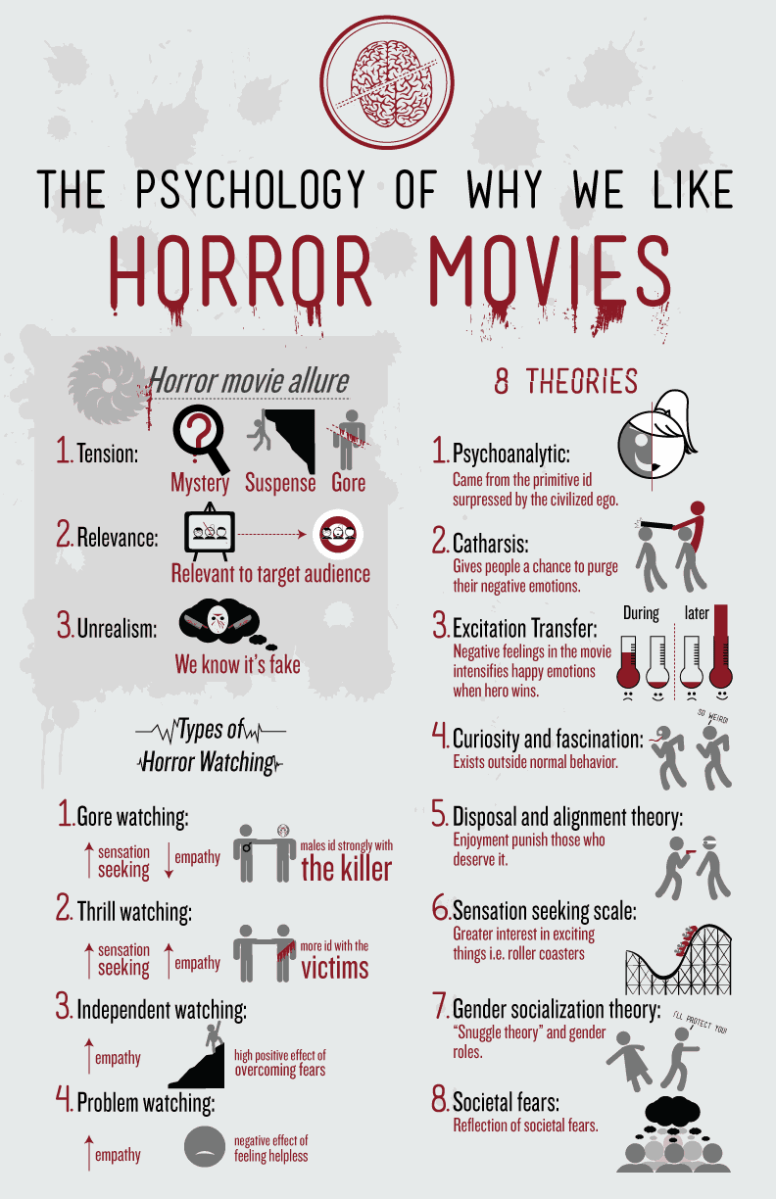
The Psychology of Horror Fans: Unveiling the Dark Fascination
Horror movies have captivated audiences for decades, drawing in fans with their spine-chilling narratives and terrifying visuals. But have you ever wondered why some individuals are drawn to the horror genre, willingly subjecting themselves to fear and discomfort? The psychology of horror fans offers intriguing insights into the minds of those who find enjoyment in the macabre. In this article, we will delve into the psychological factors that contribute to the fascination with horror, exploring the motivations, emotions, and experiences of horror enthusiasts.
The Thrill of Fear: Why Horror Fans Crave the Adrenaline Rush
Horror movies are designed to evoke fear and arousal, triggering a physiological response in the viewer. For some individuals, this intense emotional experience is exhilarating rather than distressing. The arousal that accompanies fear can release a surge of adrenaline, creating a thrilling sensation that some individuals actively seek out. Psychologists refer to this phenomenon as “excitation transfer,” where the residual excitement from the fear response enhances positive feelings once the threat is removed.
The appeal of horror films lies in the ability to experience fear in a safe and controlled environment. By confronting fictional threats on the screen, horror fans can explore their own fears and anxieties, gaining a sense of mastery over them. This cathartic release can be deeply satisfying, providing a temporary escape from the stresses of everyday life. Additionally, the adrenaline rush and heightened emotional state can create a sense of euphoria and a feeling of being alive, making horror movies a thrilling and addictive experience for some.
The Role of Personality Traits in Horror Fanatics
While the allure of horror movies may be universal to some extent, certain personality traits are more strongly associated with being a horror fan. Research has found that individuals who score high in sensation-seeking tendencies are more likely to enjoy horror films. Sensation seekers actively seek out novel, intense, and thrilling experiences, constantly in search of excitement and stimulation. These individuals are drawn to the intense emotions and suspense that horror movies provide, as it aligns with their need for arousal.
Moreover, a propensity for empathy can also influence one’s affinity for horror. Paradoxically, individuals with higher levels of empathy may be more drawn to horror movies. This is because empathetic individuals are more likely to experience heightened emotional responses, allowing them to immerse themselves fully in the fear and anxiety portrayed on screen. The empathetic connection with the characters and their plight can intensify the viewing experience, making horror films more emotionally impactful for these individuals.
Understanding the psychological underpinnings of horror fandom can shed light on the enduring popularity of the genre and the motivations that drive individuals to seek out such intense and fear-inducing experiences. Whether it’s the thrill of fear or the exploration of one’s deepest anxieties, horror movies offer a unique and fascinating window into the human psyche. So, the next time you find yourself on the edge of your seat, heart pounding and palms sweaty, remember that it’s not just the movie—it’s the psychology of horror fans at work.
The Impact of Horror Movies: A Journey into the Mind
Beyond the immediate thrills and chills, horror movies can leave a lasting impact on the minds of their viewers. The psychological effects of horror films can be both profound and diverse, shaping perceptions, emotions, and behaviors long after the credits roll. Let’s explore the psychological dimensions of horror and how they shape the experiences of avid horror fans.
The Power of Catharsis: Release and Relief
One of the psychological mechanisms at play in horror movies is catharsis. Derived from Greek theater, catharsis refers to the emotional release and purification experienced by the audience through witnessing intense and often tragic events. In the context of horror films, this release occurs when the audience confronts their deepest fears and anxieties vicariously through the characters and narrative. By experiencing fear and terror in a controlled environment, viewers can find relief and a sense of emotional release.
Catharsis can be particularly powerful for individuals who struggle with anxiety or unresolved traumas. Horror movies provide a safe space for exploring and processing these emotions, allowing individuals to confront their fears indirectly and gain a sense of closure. The controlled exposure to fear can be therapeutic, helping individuals desensitize to anxiety-provoking stimuli and build resilience in the face of adversity.
The Paradox of Pleasure: Finding Joy in Fear
For some horror fans, the enjoyment derived from the genre stems from a paradoxical pleasure in fear. While fear is typically associated with negative emotions, horror enthusiasts find pleasure in the simultaneous experience of fear and enjoyment. This concept, known as “benign masochism,” suggests that individuals can derive pleasure from mildly unpleasant or uncomfortable experiences when they are aware of the absence of real threat or harm.
Watching horror movies allows individuals to experience fear within a controlled and fictional context, providing a sense of excitement and amusement. The adrenaline rush and the subsequent relief when the threat is resolved can create a pleasurable rollercoaster of emotions. This unique combination of fear and pleasure can be deeply satisfying for horror fans, offering a novel and stimulating experience that is difficult to replicate in other genres.
In conclusion, the psychology of horror fans reveals a complex interplay of emotions, motivations, and personality traits that contribute to the enduring popularity of horror movies. From the thrill of fear and the allure of sensation-seeking to the cathartic release and the pleasure in fear, horror enthusiasts find solace, excitement, and a unique perspective on the human psyche. So, the next time you find yourself eagerly awaiting the release of a new horror film, remember that you’re not alone in your dark fascination—the psychology of horror fans is a captivating realm waiting to be explored.
Key Takeaways: The Psychology of Horror Fans
- Horror fans enjoy the adrenaline rush and excitement that comes with being scared.
- They are curious about the unknown and fascinated by the supernatural.
- Horror movies provide a safe way to experience fear and confront their own anxieties.
- They appreciate the creativity and craftsmanship behind horror storytelling and special effects.
- Horror fans often have a strong sense of empathy and are drawn to complex characters.
Frequently Asked Questions
In this section, we will explore the psychology behind horror fans and dive into the reasons why people are drawn to this genre of entertainment. Understanding the psychology of horror fans can shed light on the fascination with fear and provide insights into human behavior.
What attracts people to horror films?
There are several factors that attract people to horror films. Firstly, the adrenaline rush and excitement that comes from being scared can be appealing to some individuals. It provides a thrilling experience that can be both exhilarating and enjoyable. Additionally, horror films often tap into our primal fears and instincts, allowing us to confront and overcome them in a safe environment. This can be a cathartic experience that provides a sense of empowerment and control.
Furthermore, horror films often contain elements of suspense and mystery, keeping the audience engaged and intrigued. The anticipation of the unknown and the desire to uncover the truth can be highly captivating. Lastly, horror films can also serve as a form of escapism, allowing viewers to temporarily step away from their own lives and immerse themselves in a different world.
Do horror films have any psychological benefits?
Despite their terrifying nature, horror films can have psychological benefits for some individuals. One potential benefit is the ability to confront and process our fears. By exposing ourselves to scary situations in a controlled environment, we can learn to manage and overcome our anxieties. This can lead to increased resilience and improved coping mechanisms in real-life situations.
Additionally, horror films can provide a sense of catharsis. The intense emotions and fear experienced while watching a horror film can release pent-up emotions and tension, offering a form of emotional release. This can be particularly therapeutic for individuals who struggle with stress and anxiety.
Are horror fans more prone to thrill-seeking behavior?
While it is not accurate to generalize that all horror fans are thrill-seekers, there is evidence to suggest that some individuals who enjoy horror films may have a higher propensity for thrill-seeking behavior. This is because the adrenaline rush and excitement experienced while watching horror films can be similar to the thrill-seeking activities that some individuals seek out in their everyday lives.
However, it is important to note that enjoying horror films does not necessarily mean that someone is a thrill-seeker. Many horror fans appreciate the genre for its storytelling, cinematography, and psychological aspects rather than solely seeking out thrills.
Can watching horror films impact mental health?
For most people, watching horror films in moderation is unlikely to have a significant negative impact on mental health. In fact, as mentioned earlier, horror films can provide a sense of catharsis and help individuals confront and process their fears. However, it is essential to consider individual differences and personal sensitivities.
For individuals with pre-existing anxiety disorders or trauma-related conditions, exposure to horror films may trigger distressing emotions and potentially exacerbate their symptoms. It is important for individuals to be aware of their own boundaries and to engage in self-care practices if necessary.
Is there a psychological difference between horror fans and non-horror fans?
Psychologically, horror fans may exhibit certain characteristics that differentiate them from non-horror fans. One possible difference is a higher tolerance for ambiguity and uncertainty. Horror films often rely on suspense and the unknown, and individuals who enjoy this genre may be more comfortable with ambiguity in their lives.
Additionally, horror fans may have a higher curiosity and openness to new experiences. They are often willing to explore the darker side of human nature and engage with unconventional narratives. However, it is important to remember that psychological traits vary among individuals, and not all horror fans will possess these characteristics.
The Psychology Behind Why We Love Horror
Final Thoughts on the Psychology of Horror Fans
After delving into the intriguing world of horror fans and their psychology, it’s clear that there is a complex and diverse range of motivations behind their love for all things spooky and terrifying. From the adrenaline rush and thrill-seeking nature to the fascination with the human psyche and the cathartic release that comes from confronting our deepest fears, horror fans are a unique and passionate group.
One of the most fascinating aspects of the psychology of horror fans is the way in which they actively seek out fear and discomfort. It may seem counterintuitive, but for many horror aficionados, the experience of being scared within a controlled environment provides a sense of excitement and empowerment. By willingly subjecting themselves to the horrors depicted onscreen or in literature, they are able to confront their fears in a safe and controlled manner, ultimately gaining a sense of mastery over them.
Additionally, the appeal of horror lies in its ability to tap into our deepest, darkest fears and anxieties. It allows us to explore the darker aspects of the human psyche and confront the unknown. This exploration can be both cathartic and therapeutic, offering a sense of release and relief from the stresses of everyday life. For some, horror serves as a form of escapism, allowing them to temporarily step away from reality and immerse themselves in a thrilling and terrifying alternate world.
In conclusion, the psychology of horror fans is a complex and multifaceted subject. Whether it’s the thrill of the scare, the fascination with the human psyche, or the cathartic release that comes from facing our fears, horror fans find solace, excitement, and empowerment in the world of horror. So, the next time you find yourself jumping at a horror movie or feeling a rush of adrenaline from a spooky story, remember that you’re not alone. There’s a whole community of horror fans out there who share your love for the macabre and the unknown. Embrace the fear and enjoy the ride!

